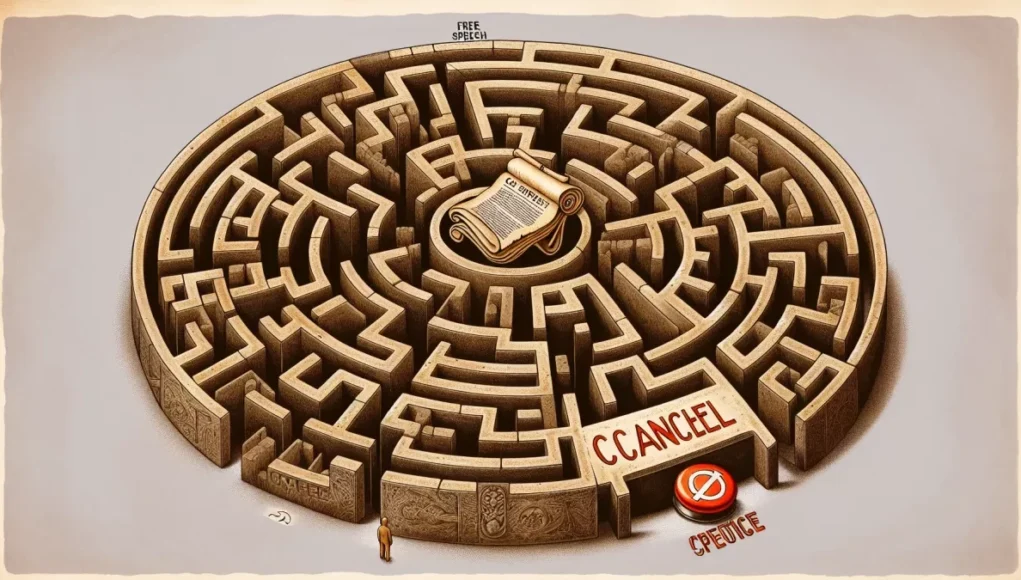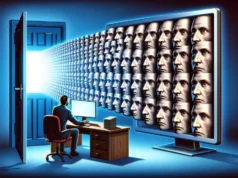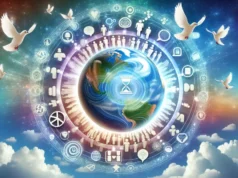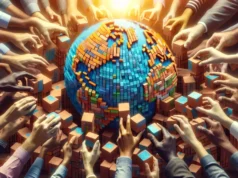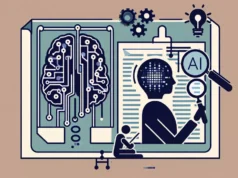In recent times, the global sociocultural landscape has taken on an increasingly decisive role amid the rise of the digital platform. The world is witnessing the growing power of public opinion, often expressed through social media platforms, to both elevate and destroy popular figures and powerful entities. As online spaces become political, one such phenomenon, known as cancel culture, is emerging as a potent force shaping dialogues, perceptions, and actions. This article navigates the complex terrain of cancel culture and its interaction with the fundamental democratic principle of free speech.
Cancel culture is widely thought of as a modern form of ostracism in which individuals, usually celebrities, or entities become boycotted by the public, usually on social media, for saying or doing something deemed offensive. This mainstreaming of public shaming is not new, however, the magnifier effect that social media platforms create amplifies its reach and consequence, creating profound implications for global layers of society.
At the heart of this phenomenon’s multi-faceted impact, resides a complex interplay between cancel culture and free speech. Free speech is traditionally understood as one’s right to express opinions without censorship, retaliation, or legal sanction. However, the integration of cancel culture in online platforms introduces a clash between the democratization of voices, and the sequencing of silencing.
Often, cancel culture aids in unmasking the powerful and privileged, highlighting their inappropriate behaviors and actions. It can serve as a democratizing tool, enabling those without traditional platforms of power to hold individuals accountable. Such instances have been prominent within the #MeToo movement where numerous high-profile figures faced public scrutiny and subsequent cancellation for their abusive behaviors. In these instances, cancel culture could be seen as advancing the cause of justice.
However, cancel culture also raises significant implications for free speech. Some critics warn of a ‘mob mentality,’ where an individual’s error could trigger an avalanche of public backlash, sometimes disproportionate to the offense. Furthermore, the risk of misinformation and the wider implications of digital defamation also loom large. High-profile figures, including former U.S. President Barack Obama, have voiced concerns that the absolutist nature of cancel culture can hamper open dialogue, stoking fear instead of fostering understanding.
Moreover, there’s the question of due process. Should the court of public opinion decide who’s guilty and do the punishing? Free speech advocates express worries that cancel culture discourages open discourse and stifles diversity of thought, thus undermining the very democracy it aims to protect. Critics also highlight that this online equivalent of mob justice often leaves little room for redemption and rehabilitation, with individuals effectively ‘cancelled’ for life.
In essence, this intricate interplay between cancel culture and free speech is a modern reflection of age-old debates around morality, ethics, power, and rights. As the online world continues to evolve, so too will the discourse on cancel culture and its intricate connection to free speech. The need to promote healthy, open dialogue that respects individual rights, while fostering accountability, remains crucial.
What this calls for is a careful navigation by entities, public figures, and all users of digital platforms. Perhaps we need to emphasize ‘call-in culture’ over ‘cancel culture,’ encouraging individuals to engage in reflective conversations rather than resorting to outright cancellation. Additionally, as growing digital citizens, we must cultivate information literacy and critical thinking to steer through the ambiguous waters of online information.
Furthermore, digital platforms have a vital role to play. Clear guidelines around hate speech, defamation, and false information are necessary to safeguard users. Additionally, promoting digital empathy and providing mechanisms for dispute resolution may help in moderating the harsher aspects of cancel culture.
We stand at a crucial juncture in the evolution of our digital identities and dialogues. As we turn the pages of this online chapter, the interplay between cancel culture and free speech continues to be written, rewritten, and scrutinized. To ensure the narrative is one of progression, we must approach this complexity with empathy, wisdom, and an unswerving commitment to uphold the democratic principles that modern society continues to cherish.
Sources:
1. Frier, S. (2020) ‘Cancel Culture’ Is New. But It’s Not the Great Threat Some Depict. Bloomberg.
2. Flood, A. (2020) Obama on ‘cancel culture’: ‘This idea of purity and you’re never compromised … where did that come from?’ The Guardian.
3. Meyer, R. (2018) The Grim Conclusions of the Largest-Ever Study of Fake News. The Atlantic.
4. Romano, A. (2020) What is ‘cancel culture’? Vox.
5. Hana, M. Y. (2020) The #MeToo Movement: A Double Edged Sword. Al-Jazeera.
6. Gillespie, M. (2010) The Politics of ‘Platform Panic’. Public Culture, Duke University Press.
7. Laidlaw, E. (2015) Digital Justice. Oxford University Press.

